What’s Onboarding?
Published on July 28, 2020/Last edited on July 28, 2020/4 min read
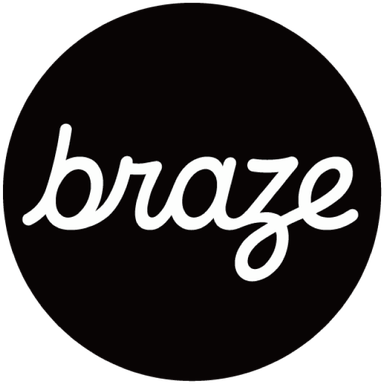
Team Braze
With most things in life, you only get one chance to make a first impression. Making a proper introduction is essential to forging strong relationships, setting clear expectations, and starting projects off on the right foot. And the same principles apply when it comes to welcoming a new user to your brand’s app or website, making a strong onboarding process a key component in the success of your overall marketing strategy.
What is Onboarding?
At its core, onboarding is the process of introducing someone to a new experience or situation. The term originally referred to the process of welcoming and preparing a new employee to carry out their new duties, but over the years it’s increasingly used to refer to the process of teaching new customers how to engage effectively with your brand’s app or website. While there’s obviously many differences between onboarding a new employee and a new user, the core concepts—welcoming them, educating them, setting them up for success—are largely the same.
Why Does Onboarding Matter?
For many apps or websites, the onboarding flow is the first thing that a new user experiences, making it a key opportunity to walk them through the brand’s purpose, look, and feel. A well-executed onboarding experience can also help users stay engaged with a product and continue to interact with it well into the future.
How Does Onboarding Benefit Brands’ Customer Engagement Efforts?
Well, a well-executed onboarding experience can also help users stay engaged with a product and continue to interact with it well into the future. Let’s take a look at three key elements of an effective onboarding flow:
1. An Intentional Welcome
The purpose of onboarding is to introduce the user to an app or website's features, establish trust in the product, and encourage users to continue to engage. A clean, friendly (and branded!) walkthrough should be accessible to new and returning users alike and accommodate different levels of familiarity. A new user, for instance, should be walked through an app's basic functionality, whereas a returning user could be shown more complicated or advanced features.
2. Establishing Trust
New users should feel an app is thoughtful and trustworthy—from ensuring their attention isn’t wasted to respecting the privacy of their information. When asking a user to opt-in to a particular type of information, such as data collection or push notifications, clearly explain the purpose behind the action and demonstrate the value associated with it. For instance, if collecting an email address, explain that the information only be used for specific types of communications users have agreed to and the email will not be shared without their consent (and then be strict about using it only as you’ve said you would).
3. A Gentle Nudge
Leverage multiple communication channels to keep users engaged as they’re welcomed to your app—or to nudge less-engaged users to complete the app's onboarding process. An extra in-app message, push notification, or email can be used to highlight additional features that the user may not have explored, allowing them to stay engaged with the app after downloading.
What Does An Effective Onboarding Program Look Like in Real Life?
Well, consider Hosco. This company, a global recruitment platform for the hospitality industry, identified their onboarding flow as a key area for improvement, and sought to nudge users to complete important steps like finishing their profiles.
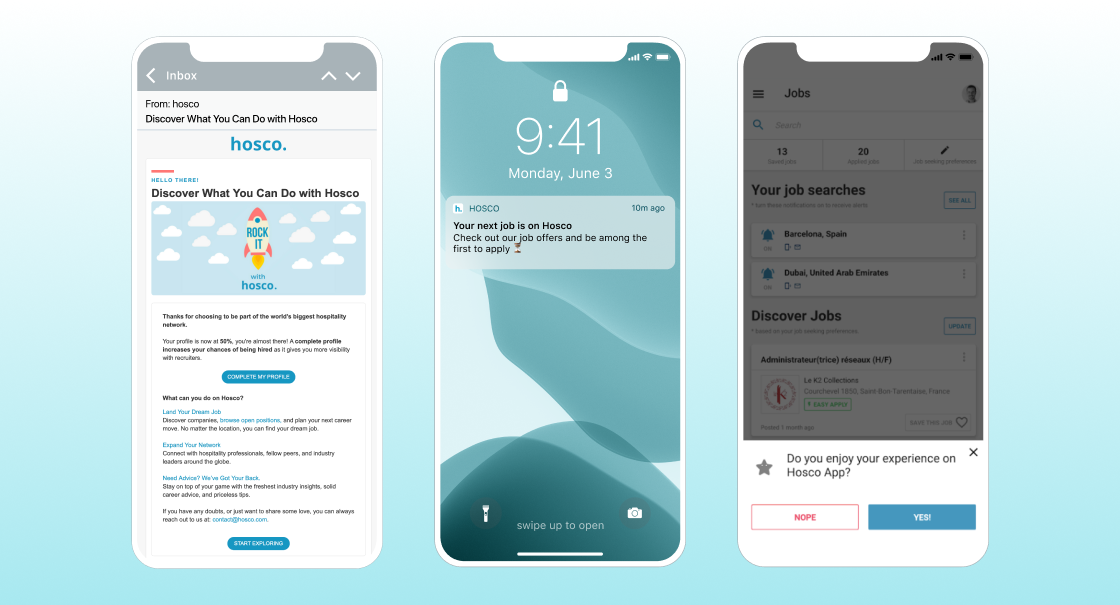
The company used the Braze Canvas customer journey management feature to kick off a multi-path customer journey that included a robust onboarding flow. By adding personalization through Liquid tags based on high-value actions—such as finishing profiles and completing job applications—and automatically adjusting messages based on whether users successfully completed a given action, Hosco saw a 54% increase in unique click-to-open (CTOR) rates and drove 10,000 new job applications.
Anything Else?
Proper onboarding not only helps users solve immediate issues, but can set up long-term engagement and loyalty to your brand. For more information on how to create a valuable, brand-building onboarding experience, check out First Impressions: Why Your Brand Needs a Cross-Channel Onboarding Strategy.
Related Tags
Releated Content
View the Blog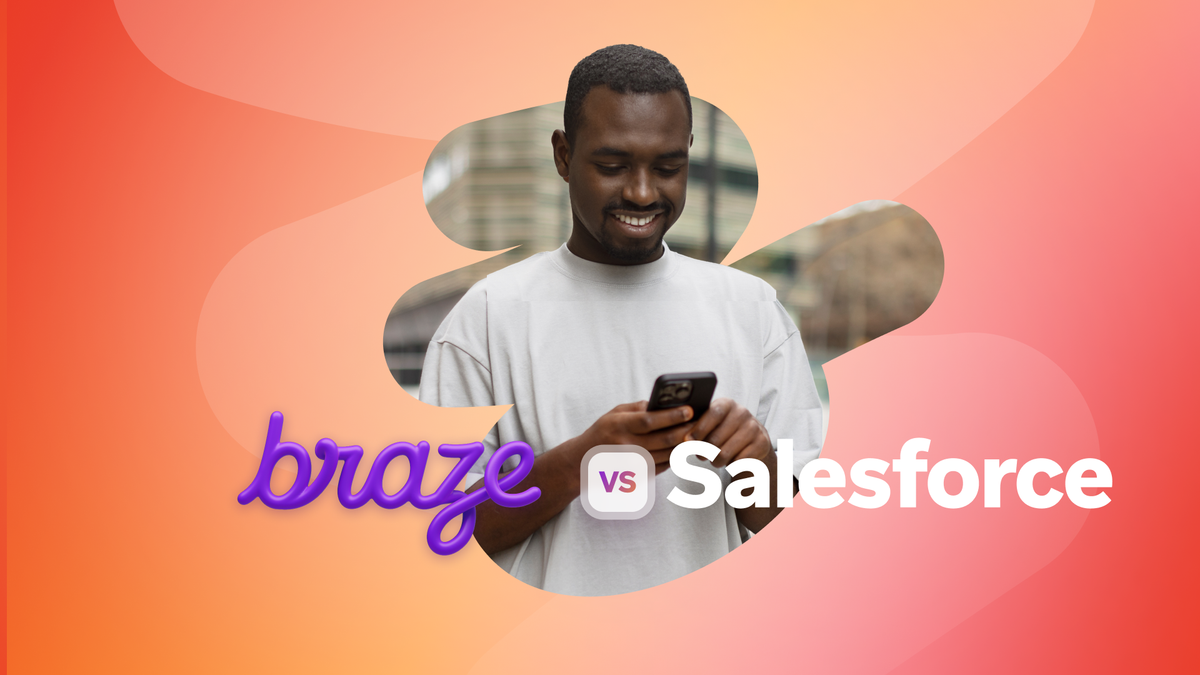
Braze vs Salesforce: Which customer engagement platform is right for your business?

Team Braze
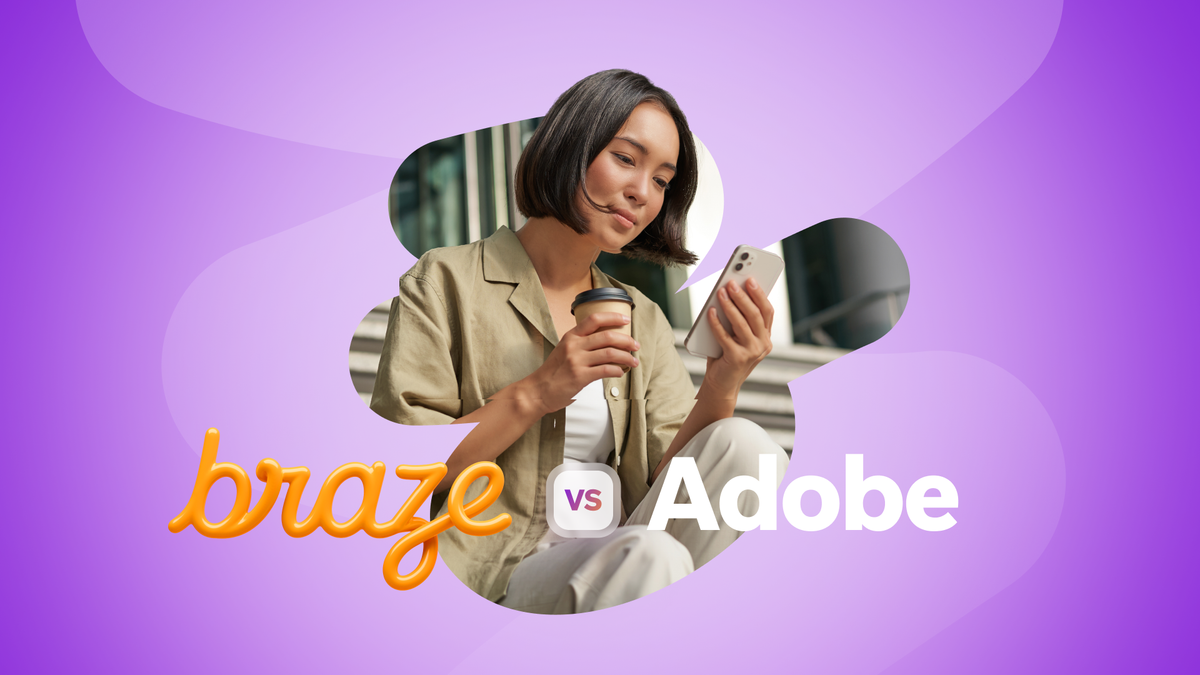
Braze vs Adobe: Which customer engagement platform is right for your brand?

Team Braze
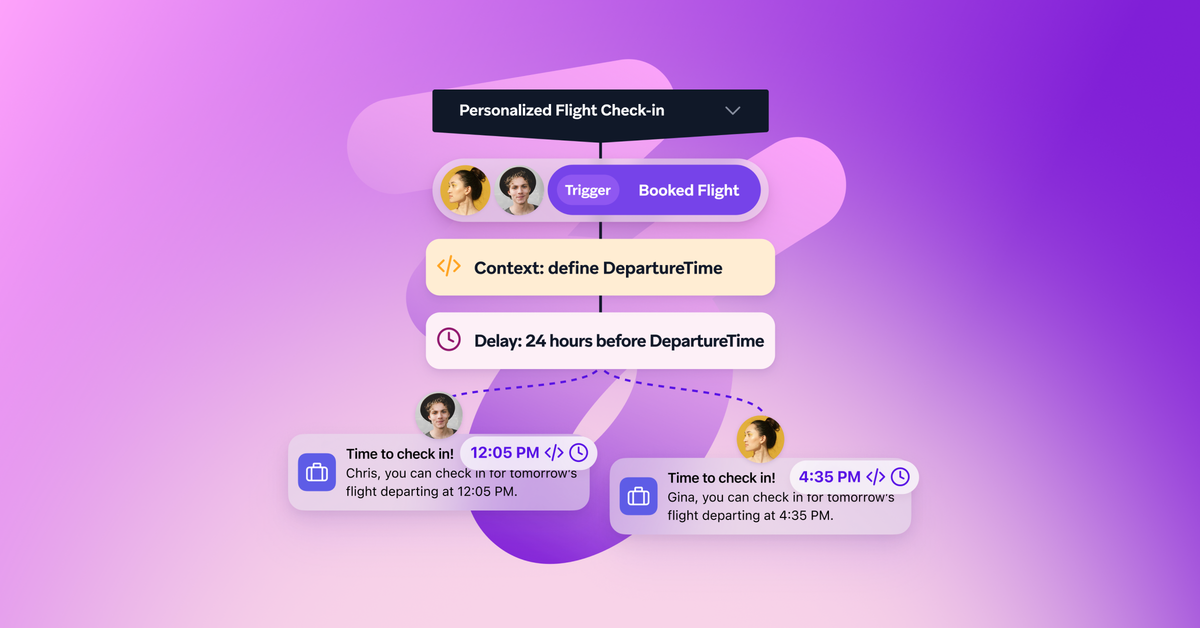
Every journey needs the right (Canvas) Context
